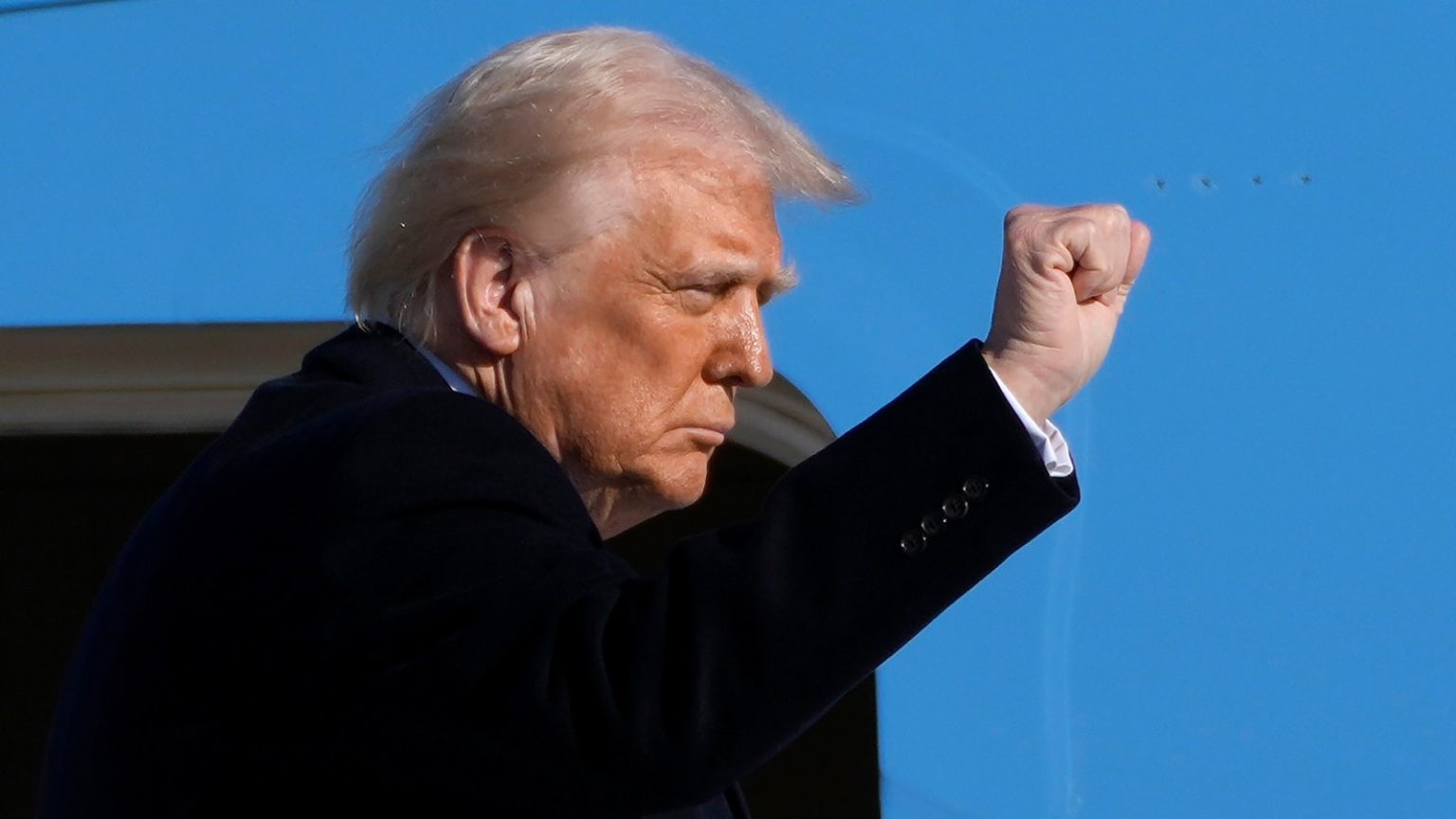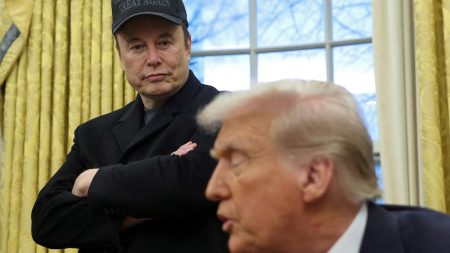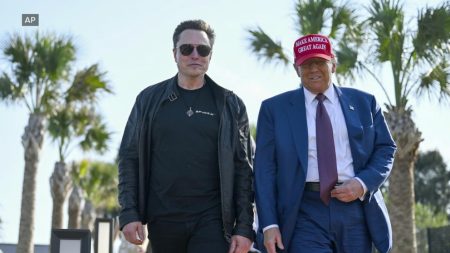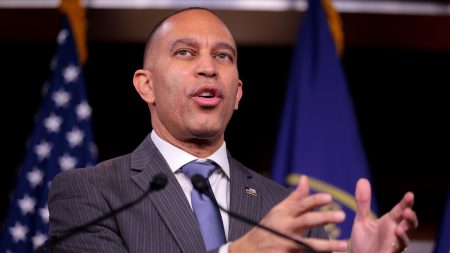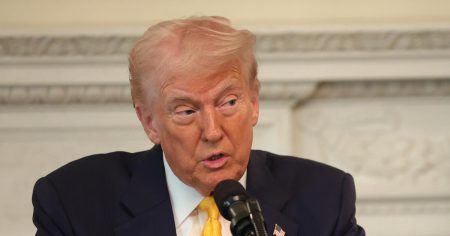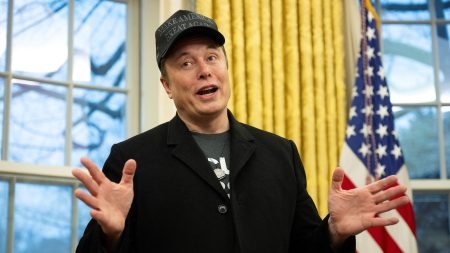A Controversial Post Sparks Outrage
A recent post by President Donald Trump on social media platforms X and TruthSocial has ignited a firestorm of criticism, with Democrats and critics accusing him of behaving like a dictator and declaring himself above the law. The post in question, which reads, "He who saves his Country does not violate any Law," has been interpreted by many as an attempt to justify unlawful or ethically questionable actions under the guise of patriotism. Trump did not provide further elaboration on the statement, leaving its meaning open to interpretation. However, the White House added fuel to the fire by sharing the post on its official X account, alongside a mugshot of Trump from the Fulton County, Georgia, election interference case. This move was seen by critics as a deliberate provocation, further inflaming tensions.
The quote itself has drawn significant attention, as it is often attributed to Napoleon Bonaparte, the French military leader who rose to power during the French Revolution and later declared himself Emperor. Although the exact origin of the quote is disputed, a similar phrase—"He who saves a nation violates no law"—was famously spoken by actor Rod Steiger in his portrayal of Napoleon in the 1970 film "Waterloo." Trump also shared the quote on his Truth Social platform, where it was superimposed over a portrait of Napoleon on horseback. This visual nod to the historical figure has led many to draw parallels between Trump’s rhetoric and the authoritarianism often associated with Napoleon’s regime.
A Historically Loaded Quote
The use of this quote has been widely criticized for its implications. By invoking a figure like Napoleon, who is often remembered for his authoritarian rule and military conquests, Trump’s post has been interpreted as a thinly veiled attempt to position himself as a leader who operates above the law. This narrative has been a recurring theme in Trump’s presidency, as he has frequently clashed with legal and constitutional norms. His administration has faced numerous lawsuits, with critics accusing him of overstepping his authority on several fronts, including executive orders related to freezing foreign aid and the questionable actions of Elon Musk, who heads the newly formed Department of Government Efficiency.
Trump’s post has also been seen as an attempt to deflect attention from his own legal troubles. In recent weeks, he has become the first current or former U.S. president to be convicted of a crime. Last month, a judge handed down an unconditional discharge in his criminal hush money case, citing "protections afforded to the office of the president." While this ruling spared Trump from punishment, it effectively cemented his status as a felon, further polarizing public opinion. Critics argue that Trump’s post is an effort to undermine the rule of law and consolidate power, while his supporters see it as a bold stance against what they perceive as unfair persecution.
Backlash from Democrats and Critics
The backlash against Trump’s post has been swift and severe, with Democrats leading the charge. California Senator Adam Schiff was among the first to condemn the statement, writing on X, "Spoken like a true dictator." His comments were echoed by other Democratic lawmakers, including New York Representative Ritchie Torres, who accused Trump of believing he can "do whatever he wishes in the name of ‘saving the country.’" Torres emphasized that in a constitutional republic, the means matter more than the ends, and that the U.S. Constitution takes precedence over Trump’s policy preferences.
These criticisms highlight a broader concern among Democrats and constitutional scholars: that Trump’s rhetoric and actions are eroding the foundational principles of American democracy. By suggesting that saving the country justifies any actions, even those that violate the law, Trump is accused of promoting a dangerous and authoritarian ideology. This sentiment has been reinforced by the administration’s recent actions, which have been repeatedly challenged in court for their legality and constitutional validity.
Republican Responses and Diversionary Tactics
Not everyone has been quick to condemn Trump’s post. Some Republicans and Trump allies have downplayed the significance of the statement, framing it as mere political theater. In an interview on ABC News’ "This Week," former Republican National Committee (RNC) Chair Reince Priebus, who served as Trump’s first chief of staff, dismissed the controversy as "catnip for the media." He described the post as "entertainment for Trump," suggesting that it was simply a way for the president to distract from more pressing issues. Priebus even went so far as to characterize Trump’s behavior as trolling, saying, "It’s what the president does."
This response reflects a broader strategy among Trump’s supporters to diminish the seriousness of his actions. By framing Trump’s post as a form of trolling or entertainment, they aim to deflect attention from the underlying issues it raises. However, this approach has done little to quell the concerns of Trump’s critics, who argue that the president’s words carry real-world consequences and cannot be dismissed as mere provocations.
The Broader Implications for American Democracy
The controversy over Trump’s post raises significant questions about the state of American democracy and the role of the presidency within it. At its core, the debate centers on the balance of power and the limits of presidential authority. Trump’s assertion that saving the country justifies any actions, including those that violate the law, challenges the very foundations of the U.S. Constitution and the rule of law. While some may view this as a bold or necessary stance, others see it as a threat to the democratic norms that have governed the country for centuries.
The reaction to Trump’s post also highlights the deep divisions within American society. For his supporters, the statement is a testament to Trump’s willingness to take bold action and challenge the status quo. For his critics, it is a dangerous rhetoric that undermines the principles of accountability and equality before the law. As the 2024 presidential election approaches, this debate is likely to take on even greater significance, shaping the broader conversation about the direction of the country.
Conclusion
In summary, President Donald Trump’s recent post on social media has sparked a heated debate about the limits of presidential power and the rule of law. By invoking a quote often attributed to Napoleon Bonaparte, Trump has drawn criticism for promoting an authoritarian mindset that prioritizes ends over means. While Democrats and constitutional scholars have been quick to condemn the statement, Trump’s supporters have largely dismissed it as a form of trolling or political theater. The broader implications of this controversy extend far beyond a single social media post, touching on fundamental questions about the health of American democracy and the role of the presidency. As the political landscape continues to evolve, this debate is likely to remain a central issue in the ongoing conversation about the future of the United States.





